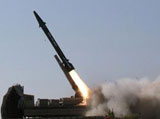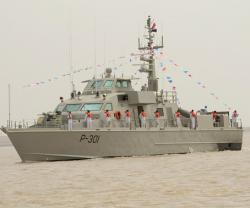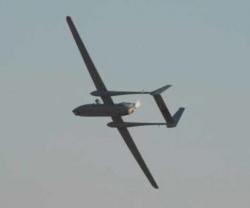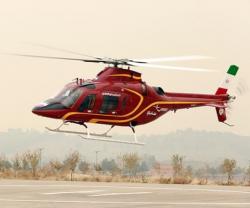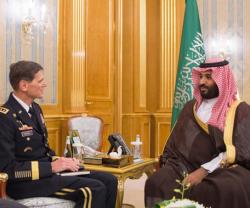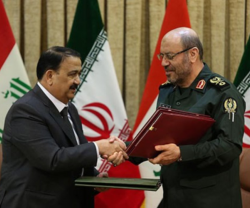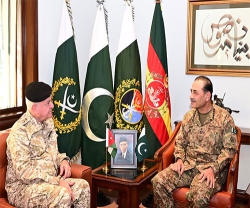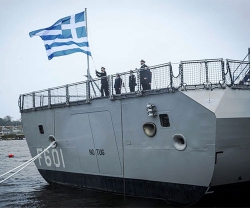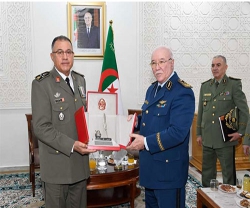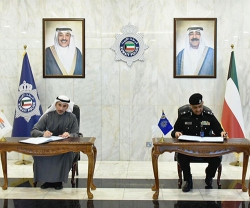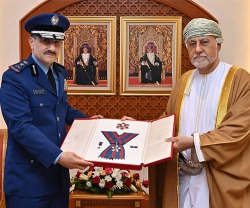Fearing that a misunderstanding could lead to wider conflict, U.S. officials are weighing establishing emergency communications but a final decision is still pending, said the defense official, who spoke on condition of anonymity.
“This idea has been circulating for a while in some places, but it’s just that at this point: an idea. No such proposal has been reviewed by the Secretary of Defense,” the official told AFP.
The Wall Street Journal first reported on the possible hotline, saying the United States was especially concerned about a fleet of speedboats that often challenge U.S. and allied warships that transit the Persian Gulf.
The high-performance Iranian vessels are likely controlled by the Islamic Revolutionary Guard Corps, Tehran’s elite Military Force, and can be equipped with missiles.
In recent months, a British destroyer fired warning shots at one of these boats as it appeared to be preparing to ram the larger ship, according to The Journal.
Iranian aircraft have also challenged US ships, the paper said.
At least initially, defense officials are interested in expanding navy-to-navy contacts with Iran to prevent miscalculations, The Journal said.
But the military remains wary of any direct engagement with the Islamic Revolutionary Guard Corps, due to its deep ties to Middle East militant groups, such as Hezbollah in Lebanon and Hamas in the Palestinian territories.
It remained unclear if the hotline proposal has been informally raised with Iran, possibly through Iraq, The Journal said.
Iran’s President and Foreign Minister will be in New York this week to attend the annual UN General Assembly meeting.
The Pentagon said that US Forces would safeguard American interests and allies in the region.
“We continue to be concerned about Iran’s destabilizing activities and ambitions, and we remain firmly committed to protecting our personnel, our interests, and our partners in the region,” Press Secretary George Little said.
“We have consistently conveyed to Iran that it must halt its destabilizing behavior and avoid any provocations in the Gulf, Iraq, or elsewhere.”
Source: AFP; The Wall Street Journal; Photo: Reuters

